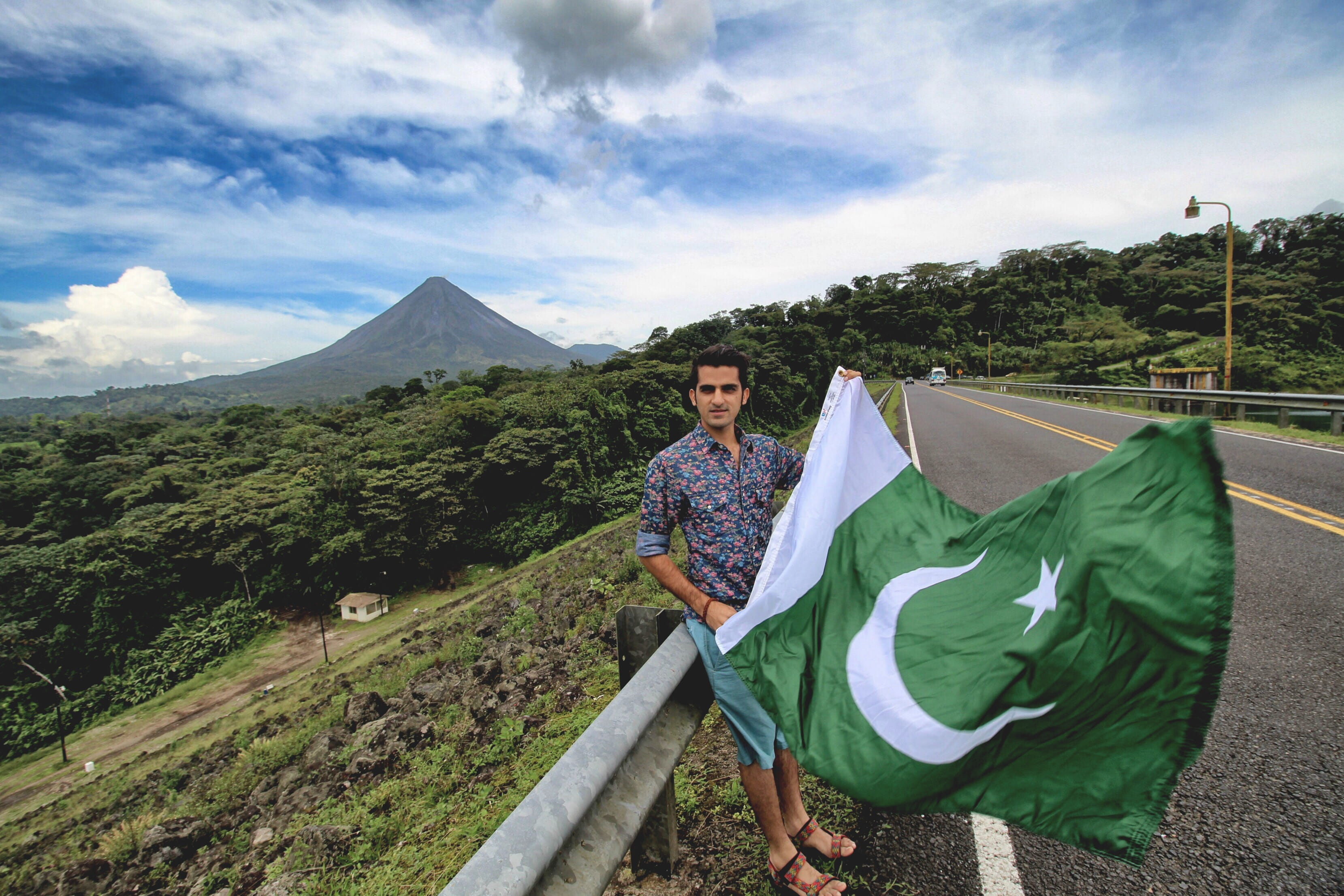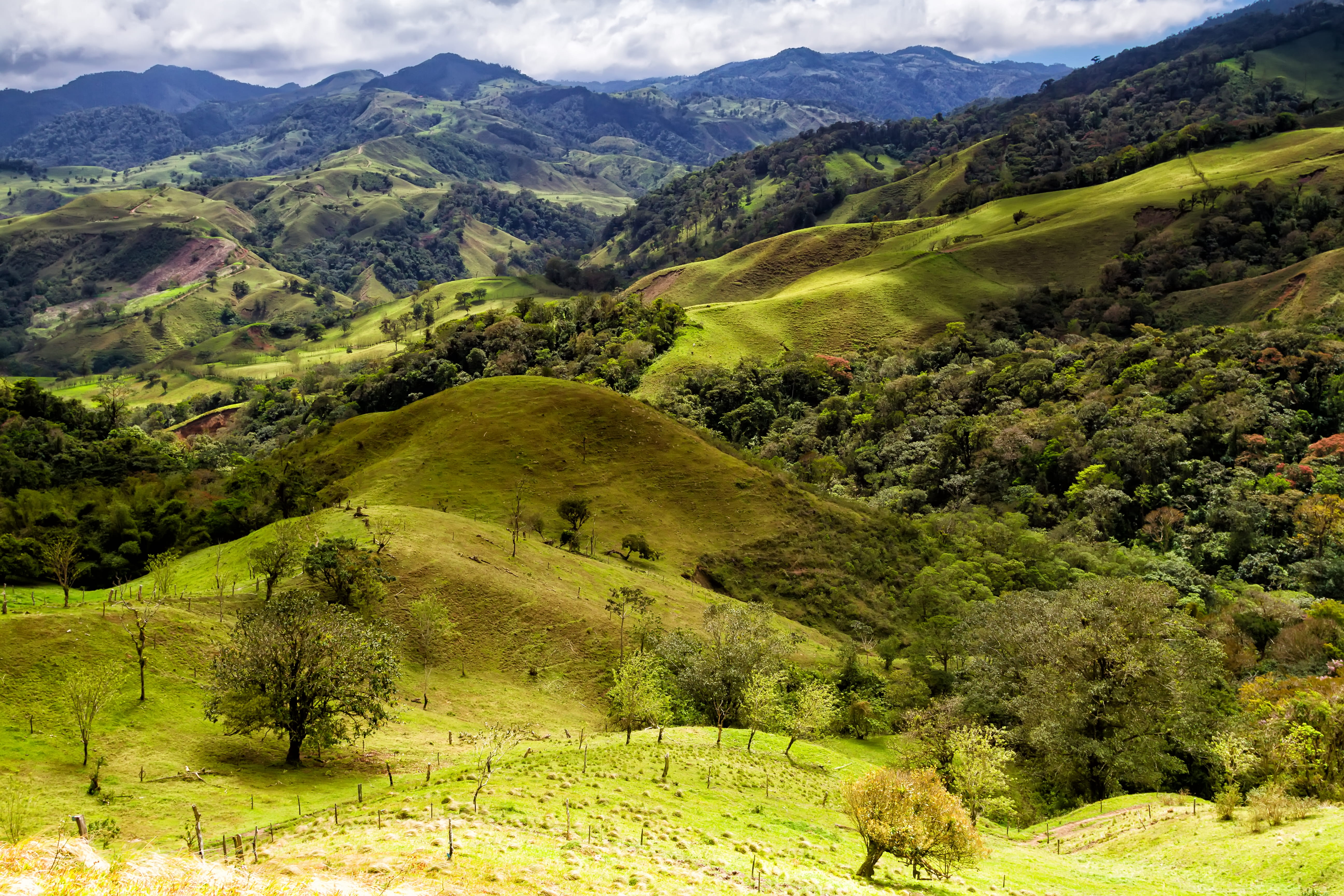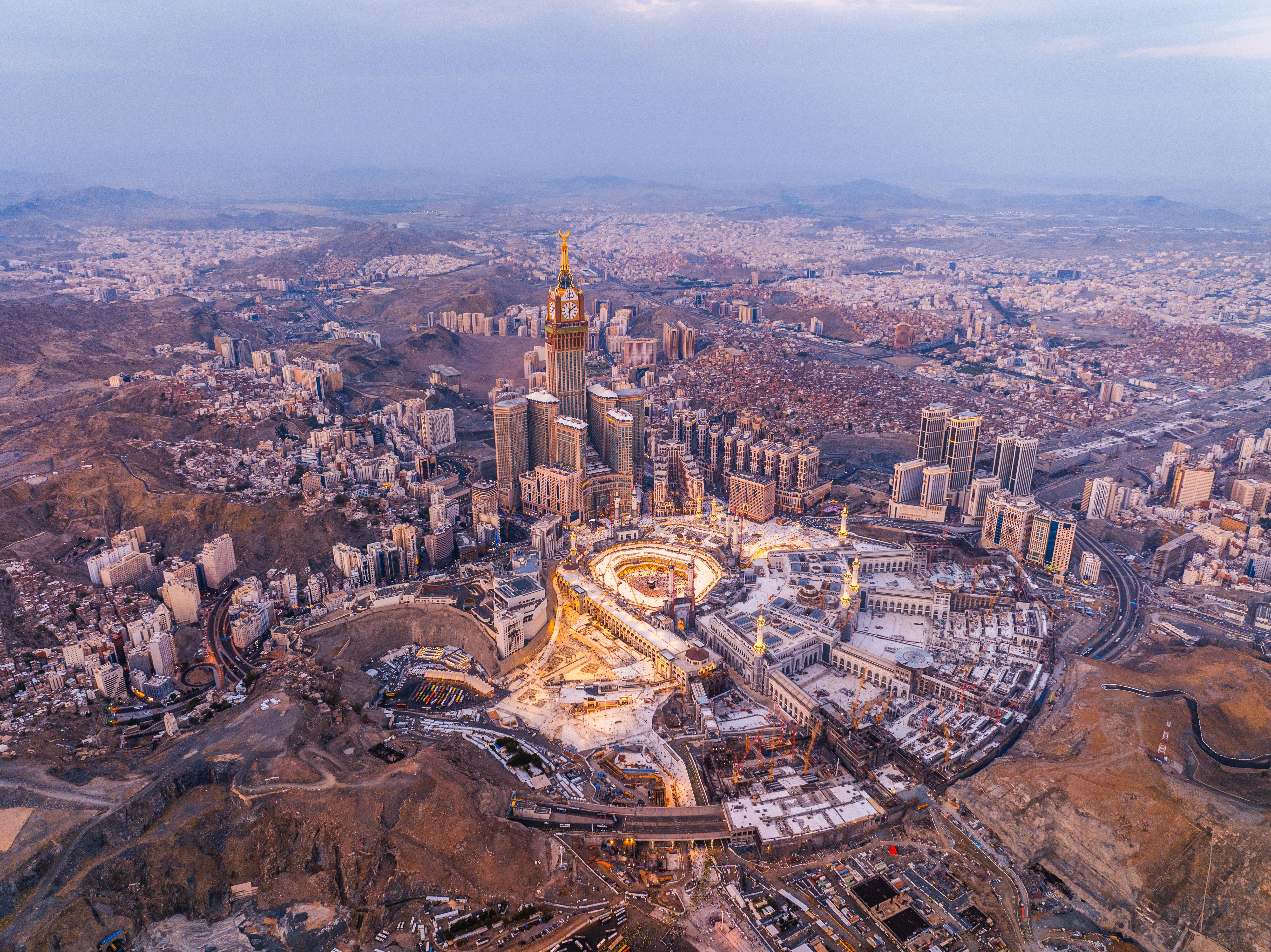The Best Time to Visit Azerbaijan: Climate, Festivals and Activities
May 15th 2025
Did you know Azerbaijan has nine of the world’s eleven climate zones? That’s right—this small but diverse country between Europe and Asia is a geographic wonder.
Whether you dream of hiking in misty green mountains, sunbathing on Caspian Sea beaches, or wandering centuries-old streets in Baku’s walled old town, Azerbaijan offers a mosaic of experiences—each more captivating in a particular season.
So, the big question: When is the best time to visit Azerbaijan? Let’s explore the details—climate patterns, must-see festivals, and unique seasonal activities—to help you plan a trip that matches your stle and expectations.
A Land of Many Climates: Understanding Azerbaijan’s Weather
One of the most fascinating things about Azerbaijan isn’t just its landscapes—how many different climates it packs into one relatively small country.
From the arid coastal plains near the Caspian Sea to the alpine heights of the Greater Caucasus Mountains, Azerbaijan offers nine out of the world’s 11 climate zones—more than France and Italy. Only Russia and China have more microclimates across their territories.
Here’s a quick snapshot of average weather conditions:
- Baku (capital) :
- Summer highs: 35°C (95°F)
- Winter lows: 0°C (32°F)
- Mountainous regions (e.g., Quba, Shaki) :
- Summer highs: 24°C (75°F)
- Winter lows: -10°C (14°F)
- Nakhchivan Autonomous Republic :
- Semi-arid climate with hotter summers and colder winters
Best Time to Travel to Azerbaijan: Seasonal Breakdown
Spring Awakening: March to May – Nature Blooms, Cities Buzz
If I had to pick one season that truly brings Azerbaijan to life, it would be spring.
After the cold of winter, the land awakens in a riot of color. Cherry blossoms burst open in Baku’s parks, wildflowers blanket the hillsides of Gabala, and the scent of blooming apricot trees fills the air in Sheki.
This is also the time when locals celebrate Nowruz, the Persian New Year, which marks the arrival of spring. It’s a magical week-long festival filled with bonfires, traditional foods like plov and shekerbura, and street dancing.
Why You’ll Love Visiting Azerbaijan in Spring:
- Pleasant temperatures: 12–25°C (54–77°F)
- Fewer crowds compared to summer
- Ideal for hiking, picnicking, and exploring historical sites
- Nowruz Festival (usually late March)
Tip: If you’re visiting during Nowruz, try to get invited to a local family gathering—it’s an unforgettable cultural experience.
Summer Vibes: June to August – Hot Days, Cool Nights
Summer in Azerbaijan means long days, warm nights, and plenty of action.
In Baku, the capital, temperatures often climb above 35°C (95°F), especially in July and August. But don’t let the heat scare you off. There are many ways to stay cool and enjoy the city’s unique energy.
The Caspian Sea becomes a playground for locals and travelers alike, with beach clubs, water sports, and sunset cruises offering relief from the midday sun.
Outside the city, mountain towns like Quba and Shaki offer cooler escapes—perfect for hiking, horseback riding, or simply soaking in nature’s beauty.
Highlights of Summer in Azerbaijan:
- Vibrant street life and music festivals in Baku
- Caspian Sea beaches and watersports
- Great time for outdoor adventures in cooler highlands
- International Jazz Festival (July)
Tip: Try fresh mulberry ice cream in Sheki—it’s summer magic in a cone!
Autumn Harvest: September to November – Golden Leaves, Rich Flavors
As the summer heat fades, autumn rolls in with crisp air, golden leaves, and some of Azerbaijan's best food.
This is harvest season, and vineyards nationwide—especially around Ganja and Shirvan —are buzzing with activity. Azerbaijani wines may not be as famous as those from France or Italy, but they’re worth trying, especially the reds made from Madrasa and Saperavi grapes.
It’s also a quieter time to travel, meaning fewer tourists, lower prices, and more room to explore without feeling rushed.
Why Autumn is Perfect for Travelers:
- Comfortable temperatures: 10–25°C (50–77°F)
- Stunning fall foliage in national parks like Göygöl and Shahdag
- Wine tasting tours and harvest festivals
- Less crowded tourist attractions
Local Secret: Visit Lake Göygöl in October—it looks like something out of a fairytale with the surrounding forest turning gold and red.
Winter Escapes: December to February – Cozy Culture and Mountain Magic
Winter might not be the first thing you think of when planning a trip to Azerbaijan, but it holds its kind of charm.
In Baku , winters are mild compared to other parts of the country. Temperatures hover around 5°C (41°F) , with occasional rain—but no snow. It’s a peaceful time to wander the Old City's cobblestone streets or sip tea by the sea.
Further inland, however, the story changes dramatically.
In Shahdag National Park, you’ll find Azerbaijan’s top ski resort—Shahdag Mountain Resort. With slopes reaching up to 2,600 meters (8,530 feet), it’s perfect for beginners and experienced skiers.
And if skiing isn’t your thing, there’s always the Yanar Dag, the “Burning Mountain,” glowing against the snowy backdrop—a surreal sight you won’t forget.
Winter Highlights:
- Skiing and snowboarding in Shahdag
- Exploring frozen lakes and snow-covered villages
- Traditional tea houses and hearty stews
- Quiet cities and affordable accommodations
Personal Note: One of my favorite memories was sipping hot chai in a tiny mountain village while watching snow fall on centuries-old mosques.
Best Time to Go to Azerbaijan: Month-by-Month Breakdown
January: Winter Wonderland & Ski Season
- Weather: Freezing in mountains (-20°C/-4°F), chilly in Baku (1-7°C/34-45°F) 5.
- Best for:
- Skiing at Shahdag & Tufandag resorts.
- Cozy Baku nights in hammams (traditional baths).
- Tip: Pack heavy winter gear for mountain trips.
February: Still Cold but Festive
- Weather: Similar to January, slightly warmer.
- Best for:
- Early Novruz preparations (bonfires, sweets).
- Fewer tourists at ski resorts.
March: Spring Awakens & Novruz Festivities
- Weather: Warming up (3-10°C/37-50°F), rain possible.
- Best for:
- Novruz Bayram (Persian New Year, March 19-22)—fire-jumping, feasts, folk dances 19.
- Early wildflowers in the lowlands.
- Tip: Book hotels early—locals travel for Novruz.
April: Perfect Hiking & Cultural Trips
- Weather: Mild (8-17°C/46-63°F), ideal for outdoors.
- Best for:
- Hiking in Gobustan (ancient petroglyphs).
- Exploring Sheki’s Silk Road caravanserais.
- Festival: Baku Flower Festival (May 10)—colorful displays.
May: Peak Spring Bliss
- Weather: Warm (13-22°C/55-72°F), low rain 5.
- Best for:
- Wine tours in Shamakhi & Gabala 8.
- Beach trips start in the Absheron Peninsula.
June: Summer Heat Begins
- Weather: Hot (18-27°C/64-81°F), dry.
- Best for:
- Chovgan (Azerbaijani polo) tournaments.
- Early beach season at Bilgah & Shikhov.
- Tip: Head to Gabala for cooler mountain air.
July & August: Scorching Lowlands, Cool Highlands
- Weather: Very hot (22-33°C/72-91°F), minimal rain.
- Best for:
- Gabala Music Festival (classical/jazz under the stars).
- Caspian Sea swimming (water temps ~24-26°C/75-79°F).
- Avoid: Midday Baku sightseeing—stick to mornings/evenings.
September: Harvest Season & Mild Weather
- Weather: Warm days, cool nights (18-26°C/64-79°F).
- Best for:
- Grape & pomegranate harvest festivals (Goychay, Gabala).
- Hiking in Hirkan National Park.
October: Autumn Colors & Jazz
- Weather: Cooling (12-19°C/54-66°F), rain increases.
- Best for:
- Baku Jazz Festival (UNESCO-listed mugham music).
- Wine tasting in Sheki & Ismayilli.
November: Quiet & Budget-Friendly
- Weather: Chilly (8-14°C/46-57°F), wetter.
- Best for:
- Nar Bayrami (Pomegranate Festival) in Goychay.
- Fewer crowds at historical sites.
December: Ski Season Returns
- Weather: Cold (3-9°C/37-48°F), snow in the mountains.
- Best for:
- New Year celebrations in Baku (ice rinks, fireworks).
- Early ski season at Shahdag.
Azerbaijan’s Top Festivals by Season
No matter when you visit, there’s a good chance you’ll stumble upon a festival—or better yet, plan your trip around one.
Azerbaijan loves to celebrate, and its festivals reflect its deep cultural roots, love of music, and passion for food.
Here’s a seasonal breakdown of must-see events:
Spring: Nowruz Bayramı (March)
- When: March 20–24
- Where: Nationwide
- What Happens: Bonfires, fireworks, family feasts, and street dancing.
- Tip: Join a local family for a meal—they usually welcome curious travelers!
Summer: Baku International Jazz Festival (July)
- When: First week of July
- Where: Baku
- What Happens: World-class jazz performances in open-air venues and historic spaces.
- Highlight: Watching sunset jazz concerts along the Caspian promenade.
Autumn: Goygol Wine Festival (October)
- When: Second weekend of October
- Where: Goygol region
- What Happens: Wine tastings, folk music, artisan markets, and grape stomping.
- Must-Try: Azerbaijani red wine paired with dried figs and walnuts.
Winter: Fire Festival (February)
- When: February
- Where: Yanar Dag (Burning Mountain)
- What Happens: Celebrating Azerbaijan’s fire-worshipping heritage with storytelling, dance, and fire displays.
- Unique Experience: Seeing flames dance against the night sky—literally.
These festivals aren’t just shows for tourists; they’re deeply rooted traditions. And if you can join in, even briefly, you’ll leave with stories to last a lifetime
Best Time to Visit Azerbaijan: Frequently Asked Questions
When is the most expensive time to visit Azerbaijan?
The peak tourist season in Azerbaijan falls between June and August. The country experiences warm and sunny weather during these summer months, attracting international tourists and locals. This increased demand increases flight prices, accommodations, and popular attractions. Additionally, national holidays and festivals during this period can further drive up costs. If you plan to visit during this time, booking accommodations and flights well in advance is advisable to secure better rates.
When is the cheapest time to visit Azerbaijan?
The most budget-friendly time to visit Azerbaijan is during the winter months, from January to March. This period is considered the low season, with fewer tourists and lower demand for accommodations and flights. While the weather can be cold, especially in the mountainous regions, it's an excellent time for travelers looking to explore the country without the crowds and at a reduced cost. Cities like Gabala and Shaki offer affordable lodging options during this time.
Do I need travel insurance to visit Azerbaijan?
While travel insurance is not mandatory for entry into Azerbaijan, it's highly recommended. Travel insurance covers unexpected events such as medical emergencies, trip cancellations, and lost luggage. Given that healthcare facilities may require upfront payment, insurance protects you against unforeseen expenses. Policies from providers like Tata AIG offer comprehensive coverage tailored for travelers to Azerbaijan.
What is the best time to experience festivals in Azerbaijan?
Azerbaijan hosts several vibrant festivals throughout the year. The Novruz Bayram, celebrated around March 20-21, marks the Persian New Year and is one of the country's most significant festivals. In October, the Goychay Pomegranate Festival celebrates the harvest with music, dance, and pomegranates. Attending these festivals offers a deep insight into Azerbaijani culture and traditions.
Is it safe for a foreigner to drive to Azerbaijan?
Driving in Azerbaijan is generally safe, especially on major roads and highways. However, roads can be narrow and less maintained in mountainous or rural areas, requiring extra caution. It's essential to familiarize yourself with local traffic laws and road signs. Additionally, always ensure your rental car is equipped with necessary safety features, and consider using a GPS or reliable map for navigation.
How does the climate vary across Azerbaijan?
Due to its varied topography, Azerbaijan boasts a diverse climate. The coastal areas, like Baku, experience a semi-arid climate with hot summers and mild winters. In contrast, the mountainous regions have colder temperatures and receive snowfall in winter, making them suitable for winter sports. The central plains have a more continental climate, with hot summers and cold winters. This climatic diversity means travelers can choose destinations within the country based on their weather preferences.
What are the visa requirements for visiting Azerbaijan?
Most foreign travelers need a visa to enter Azerbaijan. The easiest way to obtain one is through the ASAN Visa system, which allows online applications. The standard tourist visa is valid for 30 days. Ensure your passport is valid for at least six months before departure. Applying for the visa at least three days before your travel date is advisable to account for processing time. Always check the latest visa requirements based on nationality before planning your trip.
Is it safe to travel to Azerbaijan?
Azerbaijan is generally considered safe for tourists. Petty crimes like pickpocketing can occur, especially in crowded areas, so it's essential to stay vigilant. Avoid discussing political topics, particularly those related to neighboring countries, as they can be sensitive subjects. When traveling to border areas, especially near conflict zones, it's crucial to stay informed about the current situation and follow any travel advisories issued by your home country.
What is the best way to get around Azerbaijan?
In major cities like Baku, public transportation options include buses and a metro system, which are both affordable and efficient. For intercity travel, options include trains, buses, and marshrutkas (shared minibusses). Renting a car in Azerbaijan is also viable, especially if you plan to explore rural areas or the countryside. However, be aware that road conditions can vary, and driving habits may differ from what you're accustomed to.
What currency is used in Azerbaijan, and how can I exchange money?
The official currency of Azerbaijan is the Azerbaijani Manat (AZN). Currency exchange is available at banks, hotels, and authorized exchange offices. It's advisable to exchange money at official establishments to avoid counterfeit notes. Credit cards are widely accepted in urban areas, but carrying some cash is a good idea when traveling to rural regions where card facilities may be limited.
Are there any cultural customs I should be aware of when visiting Azerbaijan?
Azerbaijan has a rich cultural heritage, and understanding local customs can enhance your travel experience. When visiting someone's home, it's customary to bring a small gift as a token of appreciation. Dress modestly, especially when visiting religious sites, and always remove your shoes before entering a home. Public displays of affection are frowned upon, and it's polite to ask permission before taking photographs of people or private properties.
Final Thoughts: Plan Your Azerbaijan Adventure with Purpose
So, what’s the best time to visit Azerbaijan? It depends on what kind of traveler you are.
Are you chasing festivals and lively street scenes? Then spring and early summer are your best bet.
Prefer quiet, scenic walks and cozy evenings by the fire? Autumn and winter will charm you.
Want to hike through forests, soak in mineral springs, or ski down snow-covered slopes—all in one country? Then, Azerbaijan is your next destination.
Whatever time you choose, remember this: Azerbaijan rewards curiosity. Its landscapes shift with the seasons, its people are warm and welcoming, and every visit feels like discovering a new side of the world.

































































